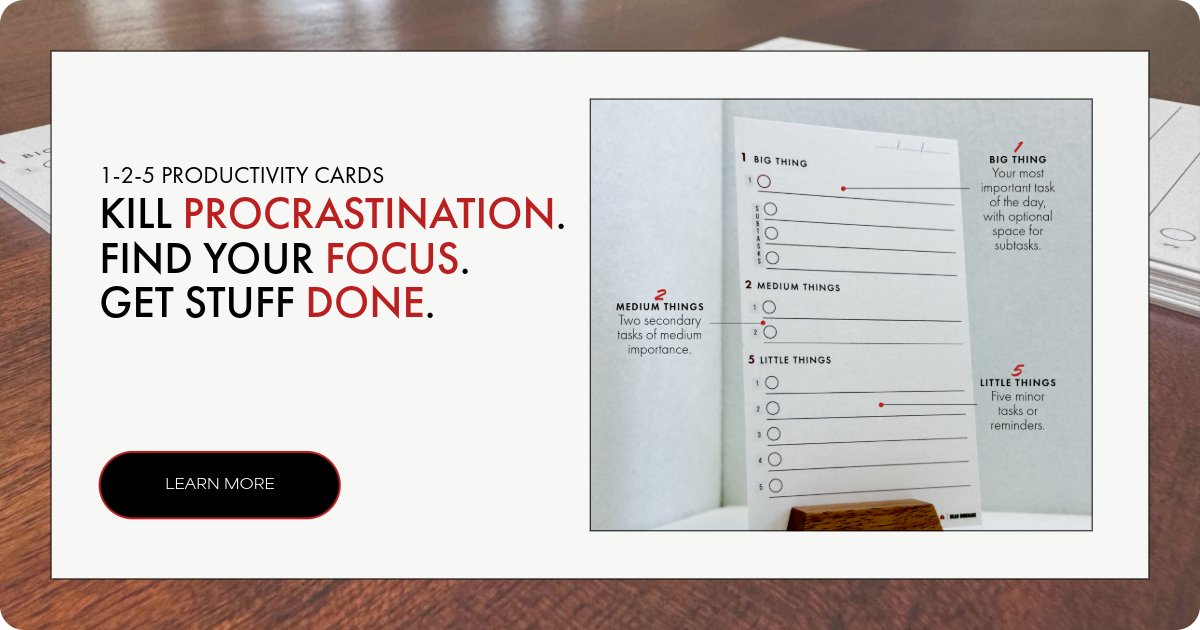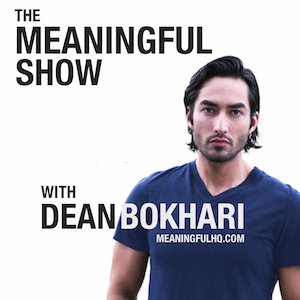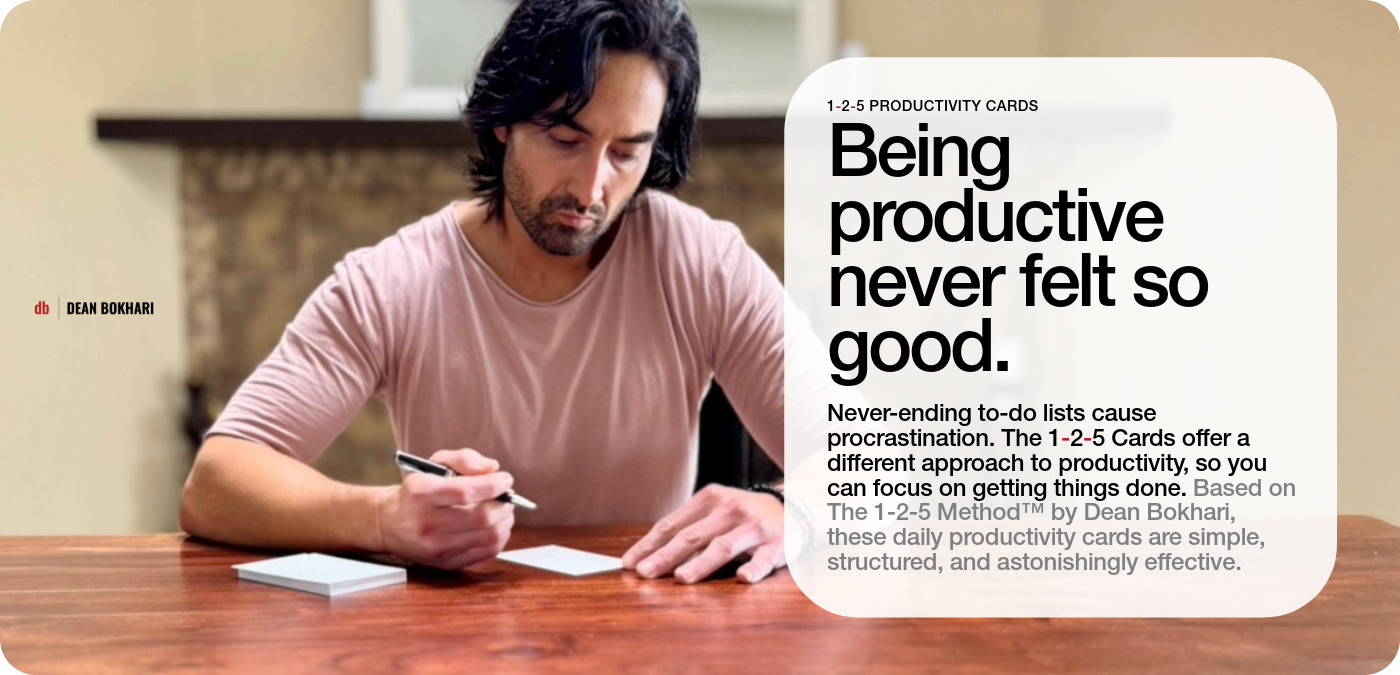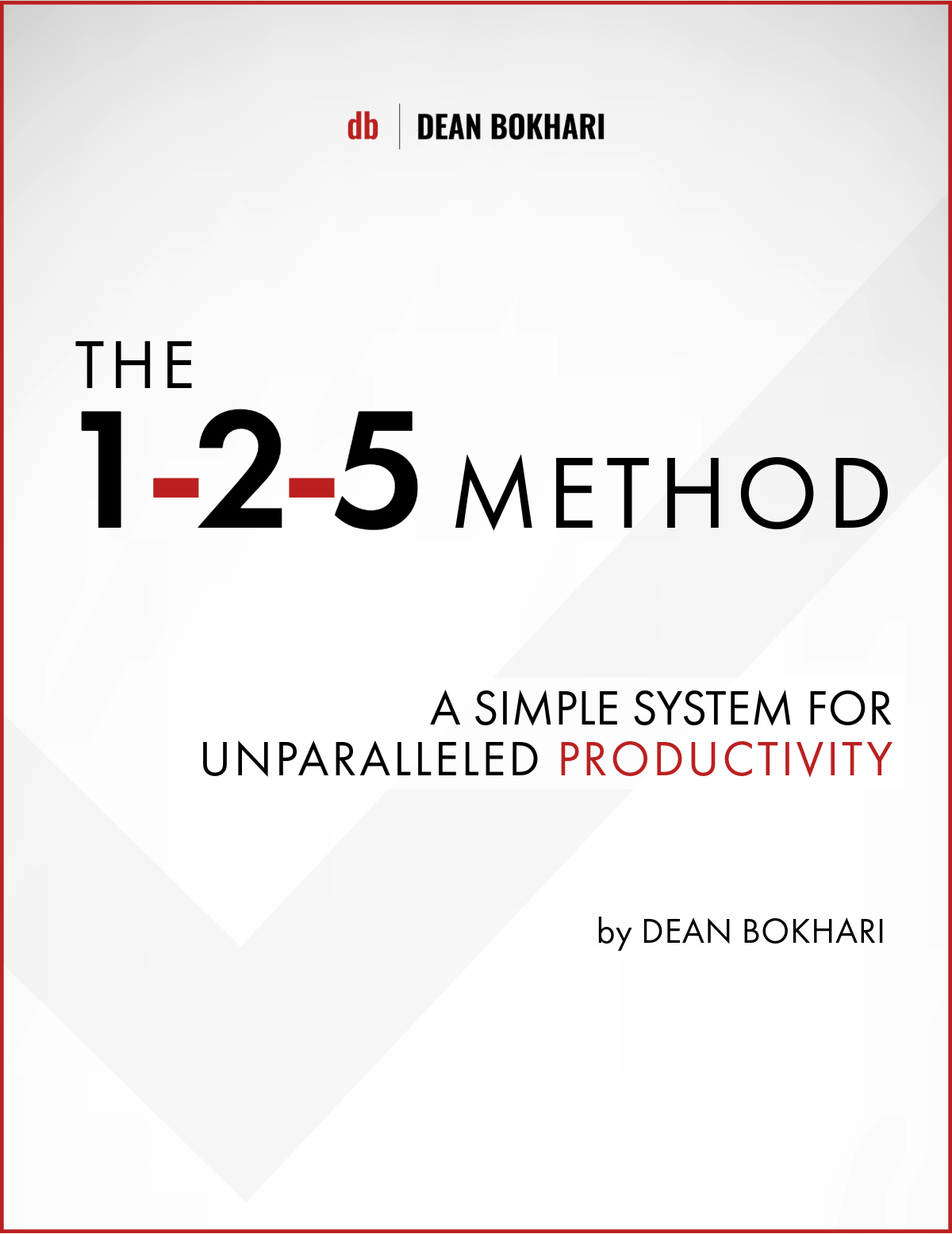8 Business & Marketing Strategies You Need To Know
Confessions Of An Ex-Tobacco Marketer
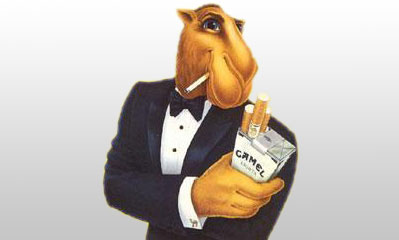
Imagine working for a business that paid you a lot of money -- but required you help them market and sell products they knew would kill people...
Would you take the job?
If you're saying to yourself "well, I guess it depends on how much money they were paying" -- then you'd probably take the job.
... I did.
I spent three years of my life working as a business consultant & US marketing advisor to RJ Reynolds Tobacco Company -- the good folks behind "great-tasting" brands like Camel, KOOL, Winston and Pall Mall cigarettes. RJRT is the second largest tobacco company in the US, and is also a division of British American Tobacco -- the second largest tobacco company in the entire world.
I spent my years at these companies as traveling around the US, spending most of my time in the OC, LA, and Inland Empire counties of Southern California.
When I wasn't working on their marketing, I was serving on their Trade Advisory board, which meant they would ask me for my feedback about various aspects of their business and/or marketing strategy. This included everything from what "Adult Tobacco Users Under 30" might like about the new Camel 'Crush', to whether we should spend another $12 million dollars in point of sale advertising (graphics & signage) next quarter - even though we knew that $1.5 million of those signs would be thrown away and never be put to use.
All of the above might make for a somewhat impressive resume' ... if it weren't for the fact that I was playing a role in perpetuating one of the deadliest products on earth... and when I finally admitted to myself how un-impressive it actually is to be involved in a sick, disgusting, business like tobacco, I decided it was time to start doing my own thing.
Among the many lessons I learned about marketing at RJRT, morality wasn't one of them. Big Tobacco does not care about you, your mom, or even your little brother Jonny.
All they care about is profit. Money. Market share.
... Which is also why it's one of the most resourceful places to gain an understanding of what makes people tick. In this article, you'll learn some of the most effective tactics in business and marketing, including those used in the tobacco biz.
8 proven business and marketing strategies anyone selling anything needs to know.
1. Tell Compelling Stories

Have you ever heard of the Significant Objects Experiment? It was a remarkable series of case studies about how effective of a marketing strategy storytelling could be. To test their hypothesis, Rob Walker and Joshua Glen bought 100 small, cheap trinkets and items (like the smiling mug) for about $1 each from thrift stores and ebay.
Then, they recruited a group of writers and...
- gave each of them one "in-significant thing"
- asked them to craft a compelling story to make it significant
- place it up for auction to determine the monetary value that storytelling might have when paired with a product
The result?
Many of the items, like this little mermaid figurine - originally purchased for $1.00 - sold for $68.00! When it was all said and done, they'd experienced a 2,706% increase in monetary value after an "in-significant" item was made "significant" with a well-crafted story.
2. Understand That Emotion Trumps Logic
Story-telling becomes even more effective, when it stirs us up on an emotional level. This is how Big Tobacco has become a multi-billion dollar industry -- effective story telling.
Watch this video from the hit series MADMEN and tell me it doesn't stir up some warm n' fuzzies.
In the video, Don Draper transformed "the Kodak wheel" from a boring product designed to project photos in a rotating fashion -- into "the Kodak Carousel" - an emotionally-charged experience that you can always enjoy and love.
3. Put Style Before Substance... initially

What would happen if you walked into a meeting with someone important and you were dressed like crap? For most of us, that would have a negative impact on the rest of that interaction.
Some people say: "it's not about style, it's about substance".
I say: that's absolutely 100% WRONG and always will be.
The truth is, that style does matter... it shouldn't. But it does.
The good news though, is that "style" only matters more than "substance" initially. Once you'd made that stylish initial impression, you've got to follow it up with substance; otherwise you'll fizzle out and be labeled as someone who's only built for show, when what your customers really need is someone who's built for SHOW and also built to GO!
5. Use Conditioning
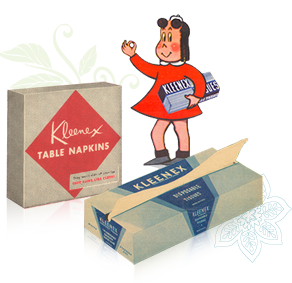
Why'd we start referring to tissues as "Kleenex"?
Why'd we start calling disinfectant spray "Lysol"?
Why did plastic sandwich bags with zippers all of sudden become "Zip-Lock" bags?
... Repetition. That's how.
The more often you can present your product or service in front of someone in a compelling manner - then say its name over and over again - the closer you shift towards turning it into a household name.
You see this every time that you pass a smart billboard or see an ad that sticks in your mind. Repetition works best when it feels natural, and that’s why brands still use things like ‘out of home’ or OOH advertising specialists to get their message in front of people in everyday life. It’s a simple kind of conditioning that was around long before digital ads took over and is still very effective when it’s done well.
The trick? Pick a product or service you sell and...
- decide what you want to call the product or service
- commit yourself to offer it over and over again to your audience
- don't run the same commercial over and over again (this doesn't mean to sell different "products"; it means to sell different "packaging" or to come up with a variety of unique promotions for the same product.)
5. Use Manipulation
Nearly everything about marketing is manipulation. But that doesn't make it "bad".
On a very simple level, there are two things that happen when you persuade someone to buy your product: a PLEASURABLE outcome and/or a PAINFUL outcome.
1. Pleasure-based manipulation: product delivers both short-term and long-term pleasure (pleasure = benefits / product usefulness).
2. Pain-based manipulation: product delivers short-term pleasure but long-term pain; OR short-term pain and long-term pain.
Tobacco companies obviously lean towards the latter; showing you how "KOOL" and "relaxing" it is to smoke cigarettes... yep, it's relaxing alright. So relaxing that smokers end up relaxing for a long, long time once it becomes a habit.
[Pain-Based Manipulation]
Check out the video below to see how some multi-national corporations are using the same manipulation tactics that Big Tobacco uses to convince the public how harmless their products are.
[Pleasure-Based Manipulation]
Pleasure based manipulation focuses on "guiding" the prospect along the path to purchase, using clever advertising and benefit-based business and marketing strategies. Nearly every company does this.
And that's okay IF...
- you're focused on the customer's best interest both now and later... and,
- you're focused on genuinely delivering LONG-TERM VALUE
The truth is, most companies are NOT interested in delivering long-term value to the consumer -- if they were, there'd be no such thing as "Planned Obsolescence", a manufacturing strategy utilized by businesses in a wide variety of industries during which they intentionally manufacture products that are lower in quality in order to motivate repeat purchases of the same basic product (for example: buying a newer version of the MacBook because the one you got just 2 years ago has magically stopped working properly). And FYI: this practice of deliberately designed obsolescence has been a hidden part of the industrial approach since the mid-20th Century.
6. Appeal To Primal Desires
(Gear your marketing strategies toward alleviating the basic human needs of love & significance)
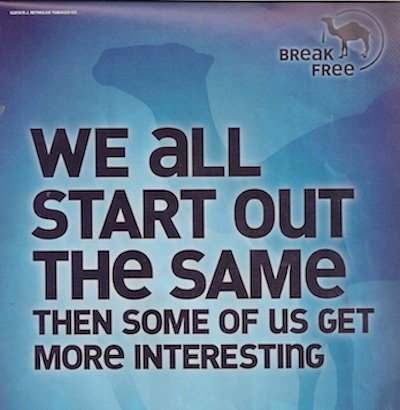
Check out the image of this Camel Campaign from 2010. It's for a product called Camel SNUS - which is a spit-less tobacco product targeted towards smokers that want to get the same buz they get from regular cigarettes no matter where they are (indoors or out; smoking or non-smoking areas). It's not quite as dirty as chewing tobacco and it's not quite as obvious as smoking cigarettes either -- all the while providing the user with a great "tingling experience".
The copy in the ad you see in the image above reads: "We all start out the same... then some of us get more interesting".
... Implying that all cigarette smokers start the same way -- but when they're somewhere that doesn't allow smoking - or when they want an alternative to cigarettes - they should reach for the SNUS because it makes you cool and "more interesting". Total BS.
A long time ago, a man named Edward Bernays discovered how the very basic human needs of Love and Significance could be used to control the public. We ALL want to be loved. We ALL want to live significant lives. In fact, we want Love and Significance so bad, we're even willing to sacrifice our values to meet this need.. Big Tobacco companies (and these days, Big Food companies) know and understand this very well. Which is why they'll never stop using it.
... Bernays capitalized on this distinction too. The video above shows how Edward Bernays, also known as "the father of Public Relations", helped perpetuate the type of control-based, downright harmful business marketing strategies I wish we didn't have in this world. In addition to being credited with starting what we know today as PR - Bernays also happens to be Signmond Freud's nephew.
Crooked marketers modern day are carrying out the principles initiated by Bernays so many years ago to continue pushing their agenda with little or no regard for the well-being of those that buy what they sell.
7. Talk Fast And Slow.
When you're trying to persuade someone that doesn't already agree with you -- pick up the tempo and talk fast. This prevents people from picking out flaws in your communication.
When you're addressing someone who's already been receptive to what you have to say -- slow down the tempo and give them a little extra time to reassure themselves that, yes, indeed, you are as credible as you position yourself to be.
Listen to how fast (and slow) Jack Lallane talks in the video below. His pitch, tempo, and tonality changes and varies depending upon the emphasis he wants to place on a given point he's making throughout the video.
8. Get Good At Writing Copy
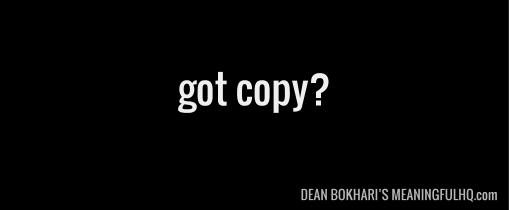
(or get good copywriters)
Crafting compelling copy can literally be the difference between getting a click on the "BUY NOW" vs. getting a click on the icon marked "X" in the corner of the internet browser.
Good copy is...
- compelling enough to get someone to stop
- creative enough to get them to read (or watch) and,
- consumer-centered enough to get them to do business with you
8 Business & Marketing Strategies You Need To Know, Recap
- Tell compelling stories
- Remember that Emotion trumps Logic
- Style comes before substance
- Condition the consumer
- Use manipulation (... gentle manipulation)
- Inspire and appeal to the human needs to feel loved and significant
- Vary your speech from fast to slow (depending on the listener)
- Get good at writing copy
So, do you have any business and/or marketing suggestions or ideas I might've missed? .... Add em' to the comments!
LIVE LIKE YOU GIVE A DAMN,
Dean Bokhari
- If you find the podcast helpful, please rate + review it on Apple Podcasts »
- Got a Self-Improvement question you'd like me to cover? Submit it here »
"Dean Bokhari's Meaningful Show is the Self-Improvement Podcast I've been
waiting for. It's actionable, inspiring, and BS-Free." —Brett Silo
✨ New Series: How to Become an Early Riser
- Discover key methods to make early rising a habit
- How to wake up early + energized every morning
- Morning routines for health + success
Free self-development courses
👇
Tap on any of the courses below to start learning how to:
- boost your productivity (with GTD),
- get focused (with Deep Work),
- or learn the art of influencing others (with the How to Win Friends & Influence People course.)
All for free.
👇
Free life guides
👇
Best-selling Self-development courses by Dean Bokhari
Kill procrastination.
|
Get stuff done.
|
Get motivated.
|
Connect with anyone.
|
freshly pressed:
Top Audiobooks narrated by Dean Bokhari on audible | |
Book summaries
- The Power of Habit by Charles Duhigg
- 12 Rules for Life by Jordan B. Peterson
- Presence by Amy Cuddy
- Leaders Eat Last by Simon Sinek
- The ONE Thing by Gary Keller, Jay Pasan
- Deep Work by Cal Newport
NAV
SOURCES
- Mad Men (Scene: “The Carousel”) | EMBED CODE: <iframe width="560" height="315" src="//www.youtube.com/embed/R2bLNkCqpuY?rel=0" frameborder="0" allowfullscreen></iframe>
- Climate Reality Project climaterealityproject.com | EMBED CODE: <iframe width="640" height="360" src="//www.youtube.com/embed/YhDacrl1aSA?rel=0" frameborder="0" allowfullscreen></iframe>
- Smiling mug: http://significantobjects.com/2009/07/07/smiling-mug-by-ben-greenman/
- Scientific Advertising by Claude Hopkins
- photo credit: tyle-over-substance-gangam-style
- kleenex tissue image: https://www.kleenex.com/images/about/brand_story_prod_foto_03.png
- http://www.spring.org.uk/2010/11/are-fast-talkers-more-persuasive.php
- photo credit: http://ilovednewyork.files.wordpress.com/2011/01/joe-camel1.jpg
